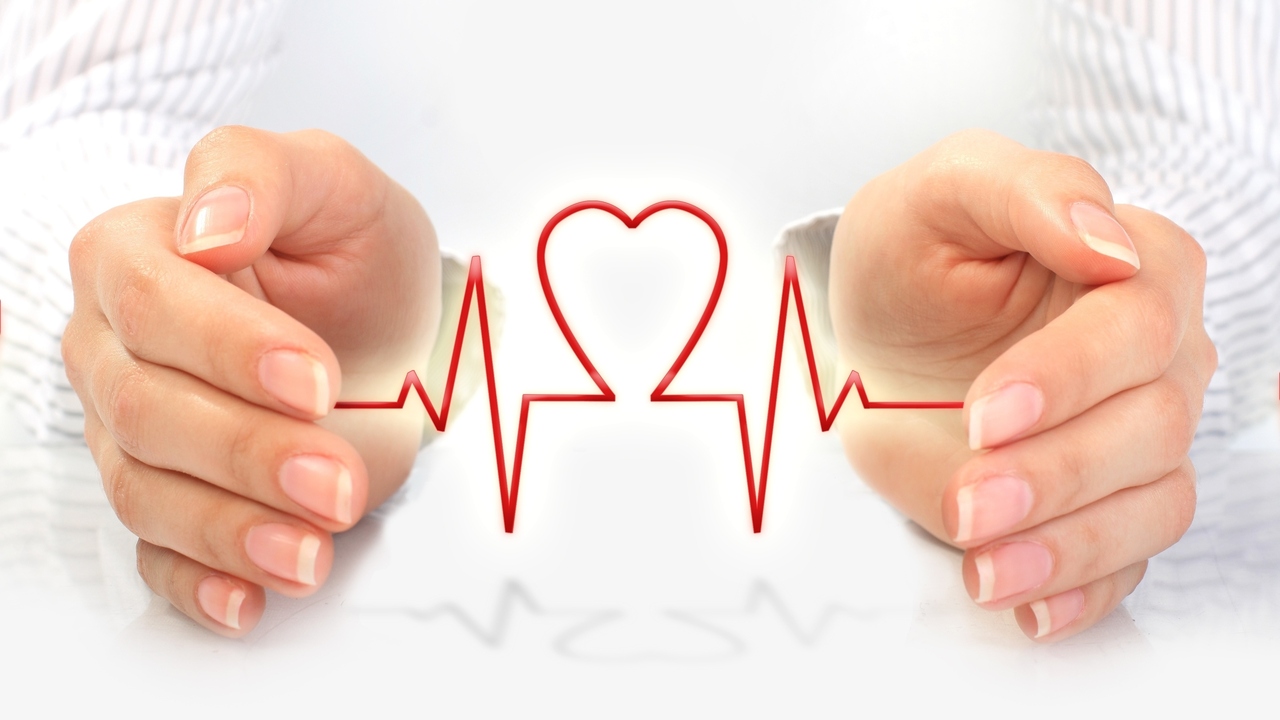 Photo: Getty Images
Photo: Getty Images
Women are notorious for being associated with cravings for chocolate and sweets. Personally, desserts aren’t what weakens me – I could go without chocolate for months – and often do. What I can’t live without, unfortunately, is food of the salty persuasion.
I don’t add extra salt to anything I eat, but rather always crave chips and salsa, Triscuits or mixed nuts. I’m not proud of it, but I’ll certainly own up to it if I’m ever brought into questioning.
And while most research tells us that salt intake can lead to high blood pressure and increase the risk of heart complications, a new study by Jan A. Staessen, MD, PhD, from the University of Leuven, Belgium said high salt intake may not be such a bad thing.
According to a recent article by Boston.com explaining the recent findings, “Eating less salt has been shown to modestly lower blood pressure in people with hypertension, but more than a dozen studies since the mid-1990s have reached conflicting conclusions about whether lowering salt intake helps healthy people avoid high blood pressure and its serious consequences: heart disease, stroke, and kidney failure.”
This newest study published in the Journal of the American Medical Association indicated that “healthy people who eat the least amount of sodium don’t have any health advantage over those who eat the most. In fact, they had slightly higher death rates from heart disease.”
In the experiment, researchers measured urinary sodium levels in 3,681 healthy people with an average age of 40 and then followed their health for about eight years.
Scientists found that “those with the lowest levels of sodium — equivalent to consuming an average of nearly 2,500 mg, or just over one teaspoon per day — had no greater protection against high blood pressure after eight years than those who consumed the highest levels, nearly 6,000 mg per day on average,” according to WebMD.
"Our current findings refute the estimates of computer models of lives saved and health care costs reduced with lower salt intake," Staessen and colleagues concluded in their research. "They do also not support the current recommendations of a generalized and indiscriminate reduction of salt intake at the population level."
Apparently, the debate on salt intake is an ongoing discussion without a conclusive result.
Ralph L. Sacco, MD, president of the American Heart Association and chairman of the neurology department at the University of Miami Miller School of Medicine, has a serious bone to pick with this recent study.
Sacco urged consumers not to fall for this study’s message, and that high salt intake is, in fact, problematic to our health.
Sacco argued that “the study looks only at relatively young, white Europeans, with no sign of high blood pressure or heart disease, over a relatively short period of time. He suggested that the measure on which the study is based -- collection of all urine output over a 24-hour period -- is subject to large variation if even one sample is missed during the collection period,” as reported in the WebMD article.
"The AHA (American Heart Association) recommendation to reduce salt intake is based on strong science, not just extrapolations or complex math," Sacco said. "There have even been randomized trials, the strongest evidence we have that show people who follow lower-sodium diets have lower blood pressure and fewer heart attacks and strokes."
So, while the conclusion on salt intake may be anything but conclusive, there’s some comfort – for me, at least – in knowing that not all salt intake is bad.
Moderation, as with most things in life, seems to be the underlying message here. So, enjoy your sweets and your salts, but please do so in moderation.
Study questions value of salt reduction in healthy people
http://articles.boston.com/2011-05-04/yourtown/29509605_1_systolic-salt-consumption-salt-intake
Study Shows Salty Diet Good; Heart Group Disagrees, WebMD
http://www.webmd.com/heart-disease/news/20110504/study-shows-salty-diet-good-heart-group-disagrees
Your Salt May Be Killing You
http://www.naturalnews.com/030313_salt_health.html
Bailey Mosier is a freelance journalist living in Winter Park, Florida. She received a Masters of Journalism from Arizona State University, played D-I golf, has been editor of a Scottsdale-based golf magazine and currently contributes to GolfChannel.com. She aims to live an active, healthy lifestyle full sunshine and smiles.






Add a CommentComments
There are no comments yet. Be the first one and get the conversation started!